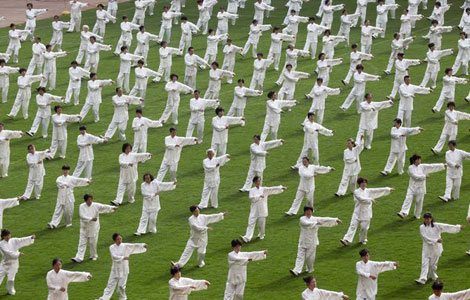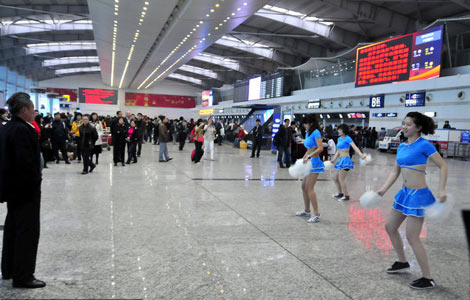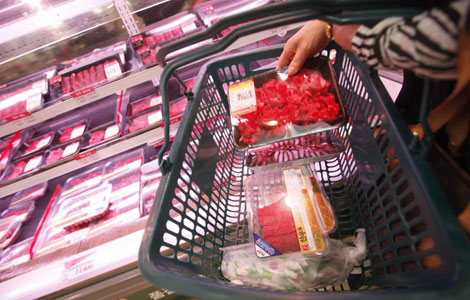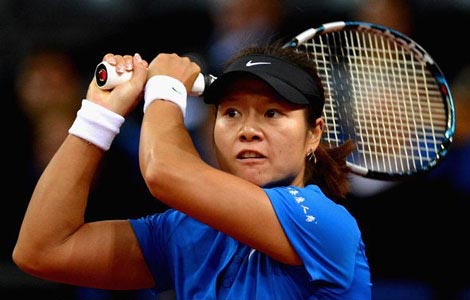 |
|
|
|
|||||||||
BEIJING - Preserved fruits have become the latest addition to China's growing list of blacklisted foodstuffs after they were found to be processed in foul factories and contain excessive additives.
Several firms in east China's Hangzhou city, including Lingjin, Meiyuan and Chaoda, were reported by CCTV, China's national broadcaster, to have severely violated safety standards and used excessive additives in their processing of fruits.
These products found their way to several native big-brands stores, including snack chains Laiyifen and Baiweilin, and some global retailers like Walmart.
After the exposure, Laiyifen, which is mulling a market listing, issued a statement of apology on Wednesday and halted sales of preserved fruits from Hangzhou.
China's quality watchdog, the General Administration of Quality Supervision, Inspection and Quarantine, also reacted immediately by ordering local regulators to launch targeted inspections of preserved-fruits producers.
Recurring scandals in China's food industry in recently years, including tainted milk and "gutter oil," have triggered waves of anger among the public and undermined their confidence in the food industry.
To address public concerns, China's National Development and Reform Committee and the Ministry of Industry and Information Technology on Wednesday jointly unveiled a development plan for the food industry, vowing to push forward the construction of a food tracking system during the 2011-2015 period to enhance quality supervision.
China will promote the application of "Internet-of-Things" technology, under which individual items are recorded and logged online, and improve the information service mechanism that tracks food producers, according to the plan.
It said China's food industry will target an annual growth of 15 percent during the period to bring its production value to 12 trillion yuan by 2015.
It also lined up a string of other tasks that the industry aimed to accomplish for the coming years, including raising the entry threshold, improving safety supervision and regulation mechanism and promoting integrity and honesty in the sector.

|

|

|

|

|

|